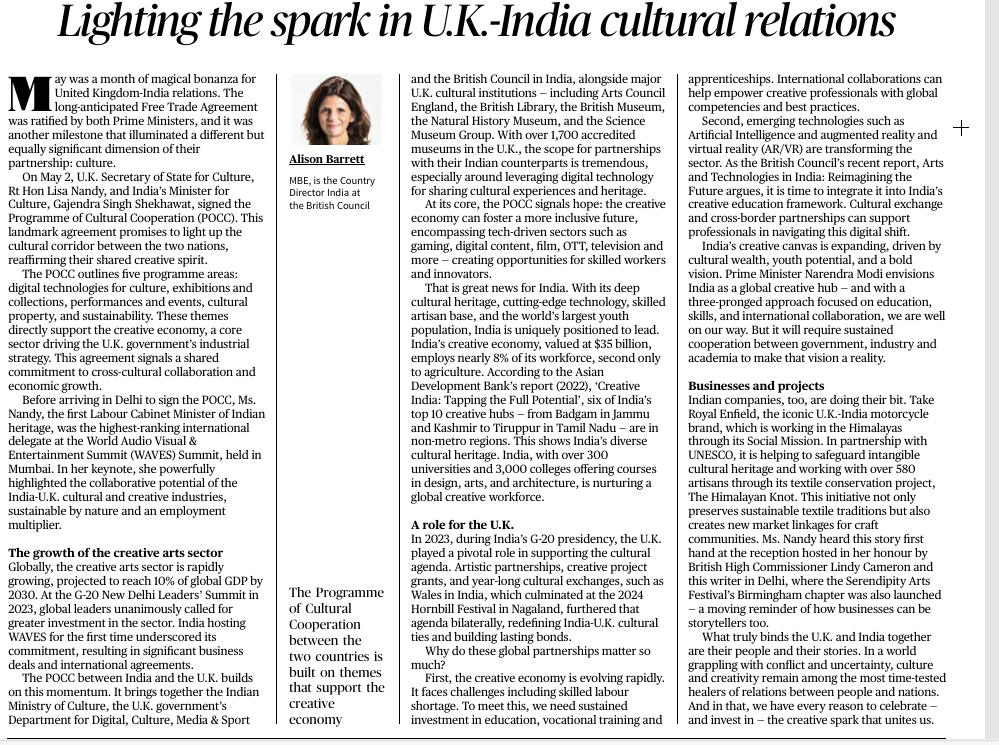I. Context and Background
- The editorial addresses the long-standing issue of Sri Lankan Tamil refugees in India, primarily those living in Tamil Nadu since the outbreak of civil conflict in Sri Lanka during the 1980s.
- Over 1 lakh Sri Lankan Tamils have lived in India as refugees for more than three decades, and the focus has now shifted to ensuring their dignified repatriation or local integration.
- Two recent events highlight this renewed attention:
- A Supreme Court case on the rights of a Sri Lankan refugee.
- The deportation of a repatriated refugee by Sri Lankan authorities.
- A Supreme Court case on the rights of a Sri Lankan refugee.
II. Key Issues Raised
1. Judicial Remarks on Refugee Protection
- In a 2022 case, the Supreme Court observed that India is not a dharamshala (free shelter) for refugees, suggesting a stricter interpretation of refugee protection.
- This marked a shift in judicial tone—India, despite not being a signatory to the 1951 Refugee Convention, had generally been sympathetic toward refugees, especially Sri Lankan Tamils.
Implication: These remarks could influence future policy and legal positions regarding refugee rights and naturalization
2. Differential Treatment of Refugees
- The editorial highlights stark contrasts between the treatment of:
- Tibetan refugees: Offered citizenship pathways, rehabilitation, land, and employment.
- Sri Lankan Tamil refugees: Confined to camps, denied official documents, no clear path to citizenship or integration.
- Tibetan refugees: Offered citizenship pathways, rehabilitation, land, and employment.
Example: In Tamil Nadu, the UNHCR documentation and Rehabilitation Policy have been insufficient to ensure self-sufficiency or integration.
III. Core Argument and Author’s Perspective
- Ramakrishnan argues that refugee dignity and long-term stability can be ensured only through:
- Voluntary repatriation with guarantees of safety and livelihood in Sri Lanka.
- Well-planned local integration in India, especially for those unwilling or unable to return.
- Voluntary repatriation with guarantees of safety and livelihood in Sri Lanka.
- Mere continuation of camps or ambiguous legal status erodes human dignity, especially for the second-generation Sri Lankan Tamils born and raised in India.
IV. Policy and Structural Challenges
1. Lack of Uniform Refugee Policy
- India handles refugees case-by-case, with no overarching refugee law or national policy framework.
- For Sri Lankan Tamils, dual governance—the Centre (through MHA) and state (Tamil Nadu)—leads to policy inconsistency and confusion.
2. Employment and Inclusion Barriers
- Despite skills and education, refugees lack access to formal jobs, government schemes, or identity documentation (like Aadhaar or PAN).
- Attempts like the Sri Lankan Repatriation Scheme and Tamil Nadu’s proposals for welfare schemes lack implementation momentum.
V. Recommendations in the Editorial
- Dignified Repatriation
- The Indian government should collaborate with Sri Lanka and international organizations to ensure safe, voluntary return with rights, property, and citizenship restored.
- Local Integration Pathways
- Those unwilling or unable to return should be given permanent residency or citizenship, access to education, jobs, welfare schemes, and identity documentation.
- National Refugee Policy
- India must codify a legal framework to handle long-term refugee situations, especially for those not covered under existing immigration or citizenship laws.
VI. Conclusion
The editorial emphasizes that solidarity without legal rights is insufficient. Sri Lankan Tamil refugees have contributed to Indian society for decades. Now, it is time for India to offer them either the right to return with dignity or the right to live with dignity. Refugee status must not become permanent limbo—it must transition to citizenship, repatriation, or long-term residency, ensuring human dignity and legal recognition.


